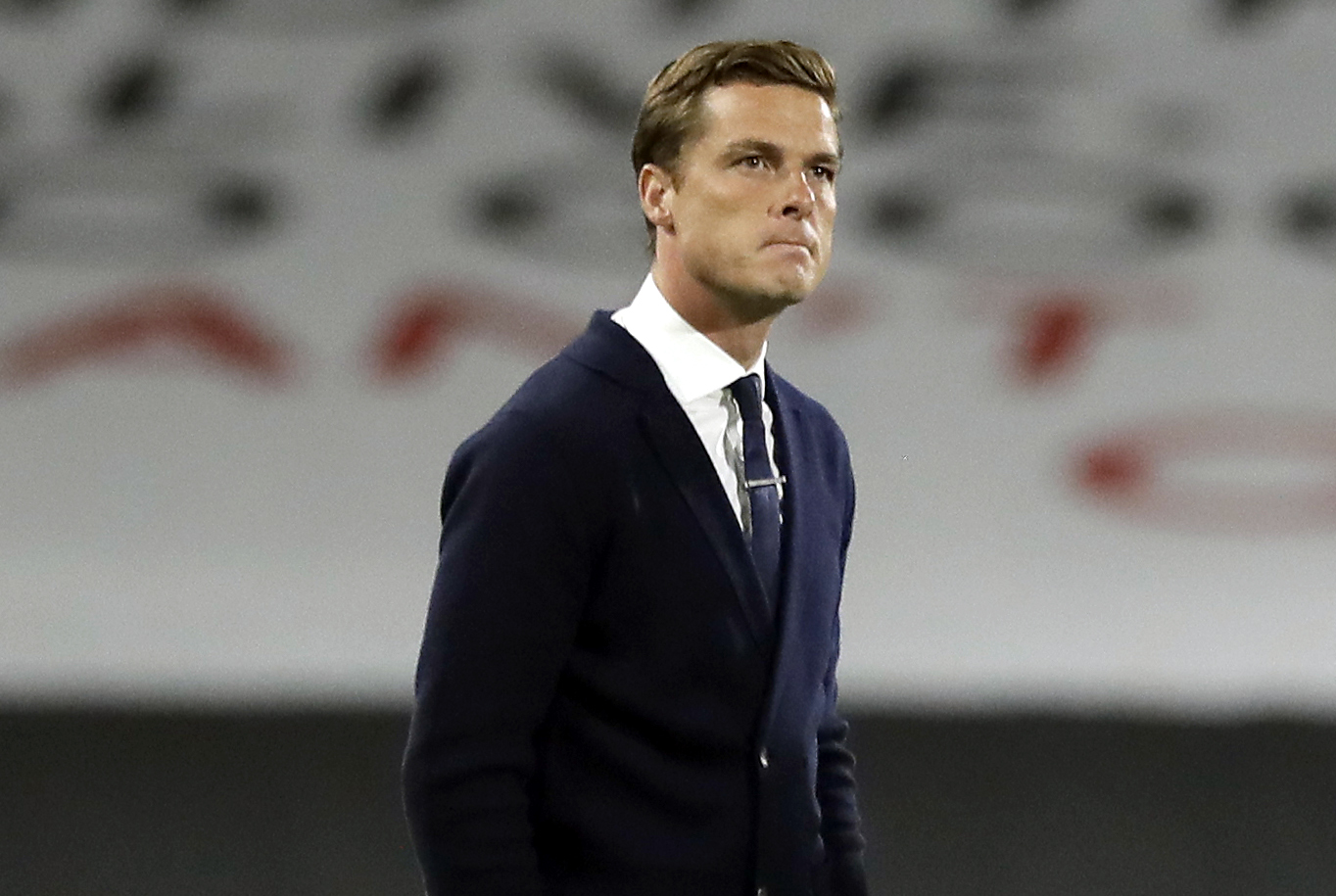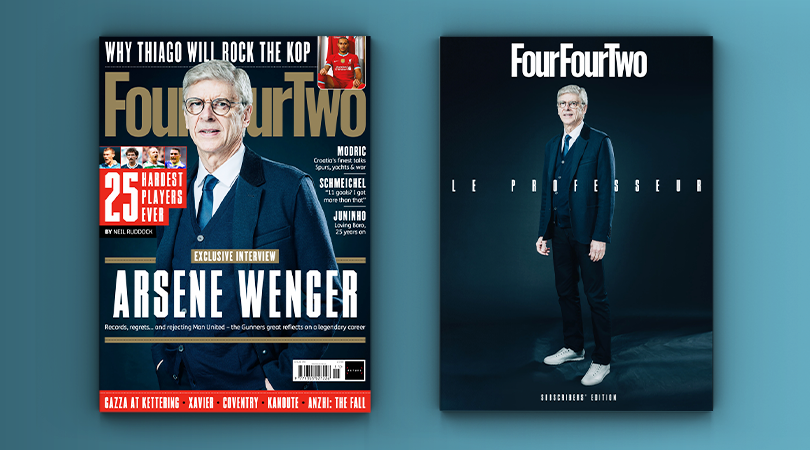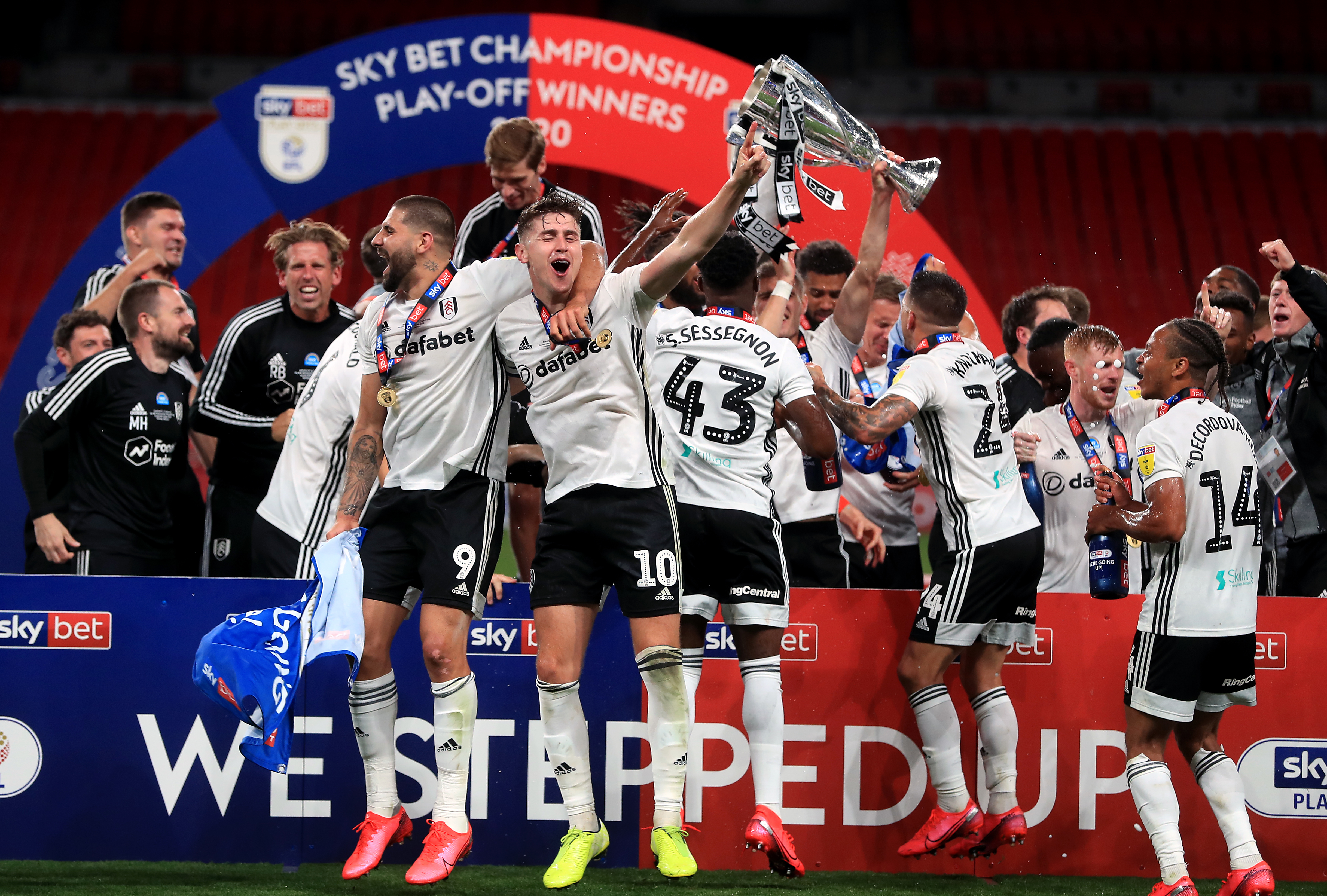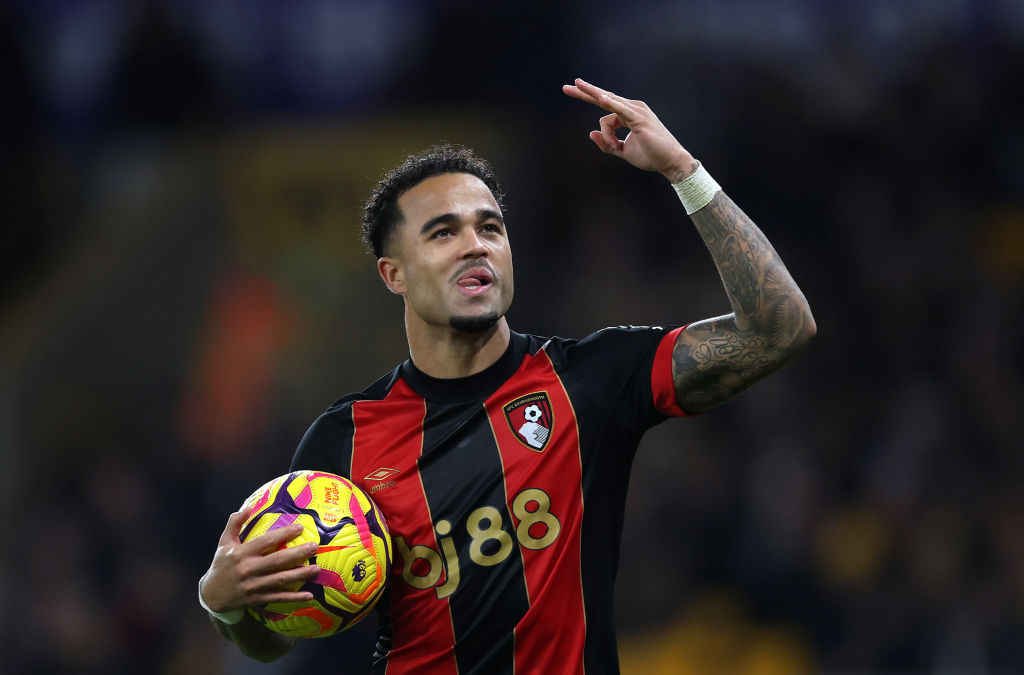Is this the hardest year ever for promoted Premier League clubs? Fulham and West Brom deserve our sympathy
Fulham and West Brom had to improve Championships squads during the shortest, most uncertain transfer window in history

It is the pay-per-view derby. Fulham and West Bromwich Albion may have coveted the Premier League millions when they were Championship clubs last season. Now their supporters find themselves being fleeced by the top flight’s greed. Or, perhaps more accurately, not watching their teams play in Monday’s graveyard slot. Albion’s stalemate with Burnley reportedly attracted under 1,000 paying customers. Their trip to Fulham has the potential to prove a record-breaker of sorts.
Fulham and West Brom both have more pay-per-view games than points, even if Monday’s meeting offers one the chance to change that. What it might not alter is perceptions: both seem universally tipped for a swift return to the Football League.

That is not entirely their fault. There is a sense that this was the hardest year to be promoted. Leeds can camouflage and confuse that, looking an indictment of their peers as they blaze a trail with bold football. But Fulham and West Brom remain winless. They look illustrations of a growing gap between the top two divisions. That has been compounded by circumstances; the compressed close season gave them less time to prepare for a different division. But for Covid-19, Albion would have had more than three months between their last Championship game and their first Premier League match. Instead they got 53 days. That was still 14 more than Fulham had. It is little wonder they scarcely looked ready.

Then there is the financial factor. Relegation favourites and clubs with recent experience of demotion had more reason to be prudent than most. Fulham were understandably scarred by 2018’s £100 million spending spree. Their expenditure now is closer to £30 million, including loan fees, but even that is deceptive: Anthony Knockaert’s transfer from Brighton was seemingly triggered as part of his loan, but he has since been borrowed by Nottingham Forest. Yet with a smaller budget, Fulham ended up scrabbling around on deadline day for anyone available. It is scarcely an example of squad building at its finest and it contributed to a confused look.
They have paid bigger wages than Albion, whose expenditure in fees is greater but it is notable for three elements: buying Matheus Pereira and Grady Diangana merely preserved some of last season’s squad and, in the Brazilian’s case, came from an option in his temporary deal; getting Cedric Kipre for a cut-price £1 million was the sort of deal where Albion cannot lose financially even if the defender does not step up to the Premier League; and Karlan Grant’s £14 million fee can be spread over the six years of his contract. His arrival also gives West Brom a proven Championship scorer should they need one next season. Slaven Bilic’s evident unhappiness about the decision to sell Ahmed Hegazi to Al Ittihad, removing a big earner from the books, underlined a fiscal caution which could cost Albion on the pitch but is nevertheless understandable.
It is easy to dismiss them, to suggest they are the two worst squads in the Premier League and to wonder if a lack of ambition has denied them a proper opportunity. And yet Albion have behaved responsibly while, even if Fulham’s approach still feels rather more scattergun, the parameters of what is possible were altered by a unique context. Their loanees, in Ademola Lookman and Ruben Loftus-Cheek, may represent among their best chances of survival but the lasting legacy of Fulham and West Brom’s business may be that they now have better Championship squads than they did when promoted. In a different world, that might be grounds for criticism. Perhaps it is not now.
While you’re here, subscribe to FourFourTwo and save 48% – available until Christmas. It’s the perfect gift idea for anybody who loves football (including yourself)!
Get FourFourTwo Newsletter
The best features, fun and footballing quizzes, straight to your inbox every week.
NOW READ
FEATURE Why isn't Mesut Ozil playing for Arsenal? 5 possible reasons for his exclusion
GUIDE Premier League live stream best VPN: how to watch every game from anywhere in the world
Richard Jolly also writes for the National, the Guardian, the Observer, the Straits Times, the Independent, Sporting Life, Football 365 and the Blizzard. He has written for the FourFourTwo website since 2018 and for the magazine in the 1990s and the 2020s, but not in between. He has covered 1500+ games and remembers a disturbing number of the 0-0 draws.

